You should know just how important food safety is if you work in the food industry. It’s not just about meeting regulations, it’s about keeping your customers safe and healthy and protecting your business from potential legal and financial consequences. By conducting a food safety audit, you can make sure that your food safety practices are up to par. However, preparing for an audit can be a daunting task. That’s why we’ve put together 8 tips to help you prepare for a food safety audit, so you can feel confident and ready when the time comes.
Tips for Food Safety Audit Preparation
Know the Standards
The first step to preparing for a food safety audit is to know the standards. Whether you’re being audited against a particular regulatory standard or a customer-specific standard, it’s important to understand the requirements and expectations. This will help you identify any gaps in your food safety management system and make necessary improvements.
Conduct a Self-Assessment
Before the audit, conduct a self-assessment of your food safety management system and processes. This will help you identify any areas that may need improvement. Your documents need to be accurate,
Train Your Staff
Why do you think training your staff is so important in preparing for the food safety audit? It’s important that they are properly trained and educated on food safety practices. Additionally, the requirements and expectations of the audit should be well-known by the staff. This will help you maintain a culture of food safety in your organization while also passing the audit with ease.
Keep Your Facility Clean and Organized
Cleanliness and organization are key components of a successful food safety audit. Make sure that your facility is kept clean and tidy at all times, and that all equipment and materials are properly stored and labeled. This will not only help you pass the audit, but it will also reduce the risk of foodborne illness and contamination.
Document Everything
Documentation is a crucial aspect of a food safety audit. Make sure that you have clear and detailed records of all aspects of your food safety management system, including procedures, training, and corrective actions. This will not only help you pass the audit, but it will also help you identify areas for improvement and track your progress over time.
Conduct Mock Audits
Conducting mock audits can help you identify any potential issues or gaps in your food safety management system before the actual audit takes place. This will give you the opportunity to make any necessary adjustments and ensure that your system is working effectively. It will also help you feel more prepared and confident when the actual audit takes place.
Involve Everyone in the Process
Food safety is everyone’s responsibility. Make sure that you involve everyone in the organization in the audit preparation process, from front-line employees to top-level management. This will help ensure that everyone is aware of the importance of food safety and that everyone is working together to achieve a successful outcome.
Be Transparent and Honest
Finally, be transparent and honest with your auditor. If there are areas of your food safety management system that need improvement, don’t try to hide them or make excuses. Instead, be upfront and honest about the challenges you face and the steps you are taking to address them. This will not only build trust with your auditor, but it will also help you identify areas for improvement and ultimately improve your food safety practices.

